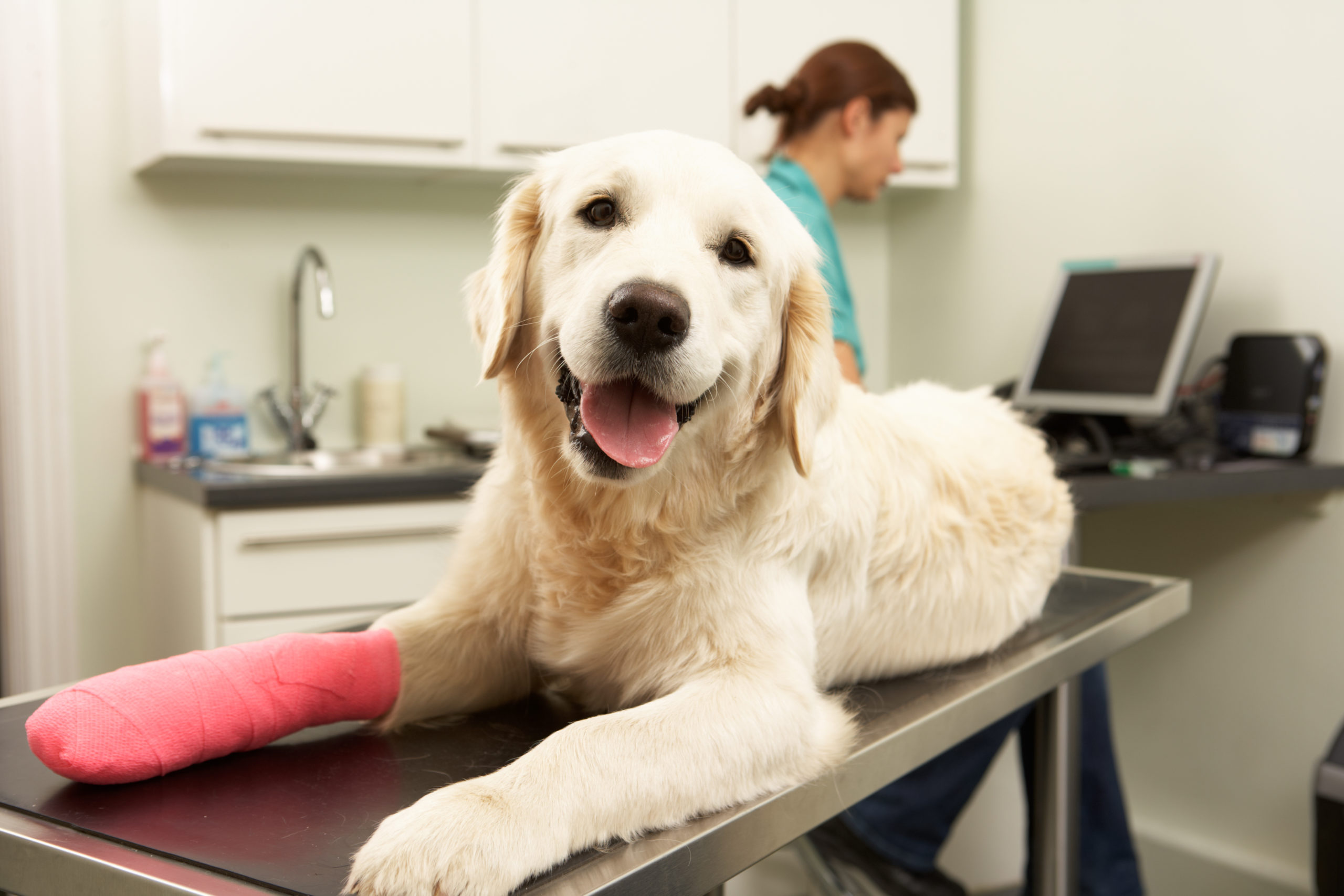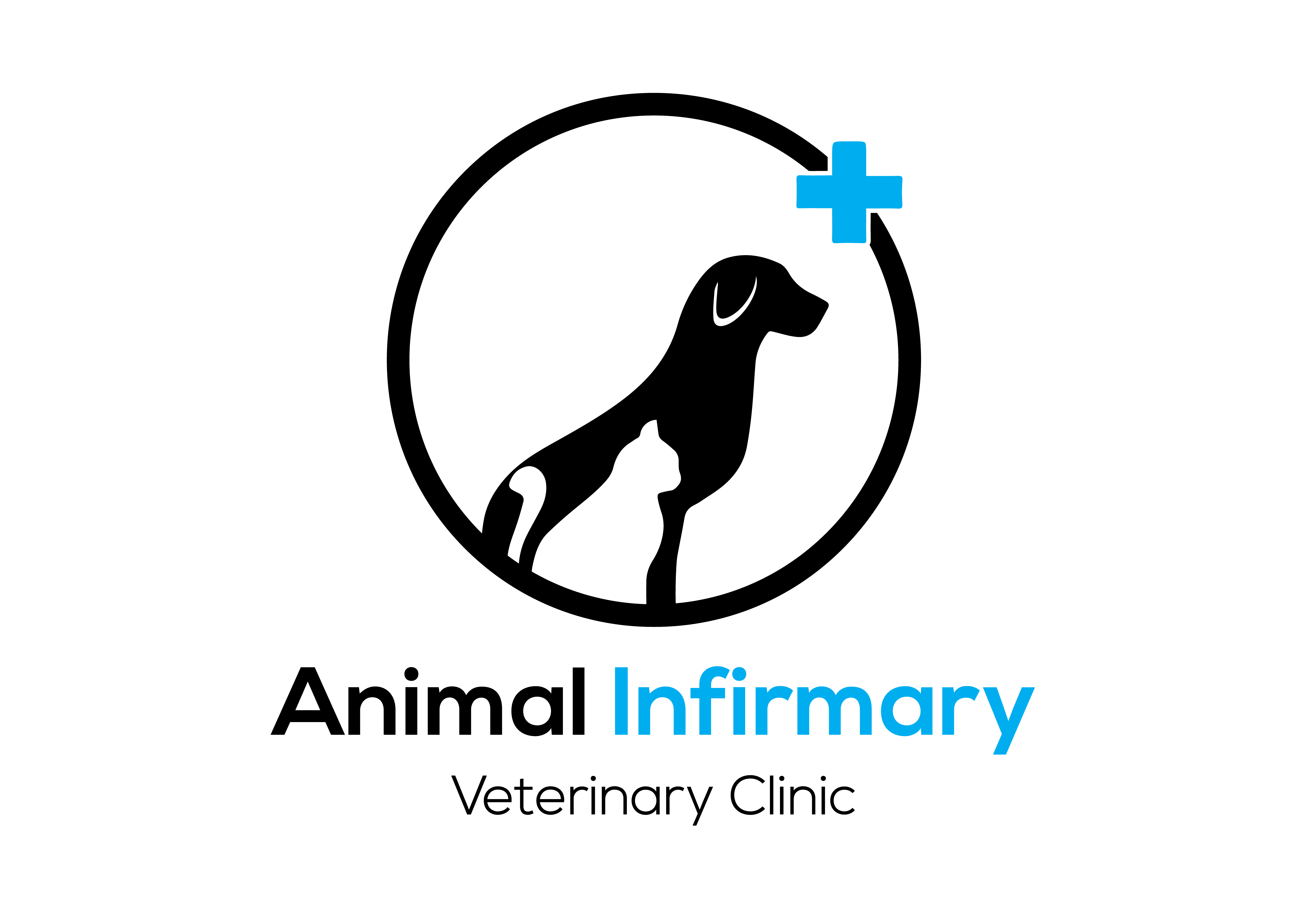Much like humans, pets can suffer from a number of different painful ailments that may require surgery as treatment. Dogs and cats of certain breeds may be more prone to diseases and conditions that require surgery at some point during the course of their lives. Whether the problem with your pet is congenital, traumatic or age-related, and either soft tissue or orthopedic, our veterinary surgeons are ready to help.
Veterinary soft tissue surgery encompasses procedures relating to the internal organs, skin and muscle. Some common soft tissue surgeries procedures obstructive intestinal foreign body, cystotomy, wound, reconstructive, and cancer-related surgeries
One common need for a soft tissue surgery is tumor removal. When a cat or dog has a potentially cancerous mass, it is treated much like tumors in humans, and when possible, our surgeons will remove it.
After a surgical procedure, your dog or cat will require time in the hospital and special care at home. Our surgeons/nurses will discuss post-operative care with you during your appointment so you can better understand what the surgery will entail and what care will be needed. While each surgery and pet is different, there are a few common post-operative care tips that can help you make it through.
If our doctors are concerned about your pet’s well-being immediately after surgery, he or she may want to keep your pet at the hospital for a few days. This is normal—especially if the surgery was extensive to make sure they are comfortable and recovered from their anesthesia in the initial post-operative period. However, if you pick your dog or cat up only a few hours after surgery, there are a few things you should expect.

First, your dog or cat will need a lot of rest. The first 12 to 24 hours after surgery, they will likely be groggy and confused. This is a normal side-effect of anesthesia and should wear off after 24 hours or so. After this point, you will need to make sure that your pet continues getting enough rest to heal properly.
To help your pet heal, you will need to make sure that they aren’t too active. It can be helpful to confine them to a small room or pen in your home to prevent them from running around, which can hinder the healing process and even cause infection. You can add blankets or bedding to the room or kennel to make your pet more comfortable.
In most cases, your pet will be prescribed medications for you to administer while he or she recovers. Antibiotics and pain relief medications help your pet to heal properly without infection or severe pain. Dogs that are usually extremely active may also require sedatives.
You will also need to monitor the incision from your pet’s surgery. While you may not need to clean it, you need to check it occasionally to make sure it doesn’t look like it is getting infected and that it is healing properly. You also need to prevent your pet from licking and scratching the incision site. we always provide you with an e-collar after surgery to ensure your pet does not aggravate his or her incision. If you notice anything out of the ordinary, please give us a call for further instruction.

